Good Neighbours Have a ‘Blue Sky Mentality’
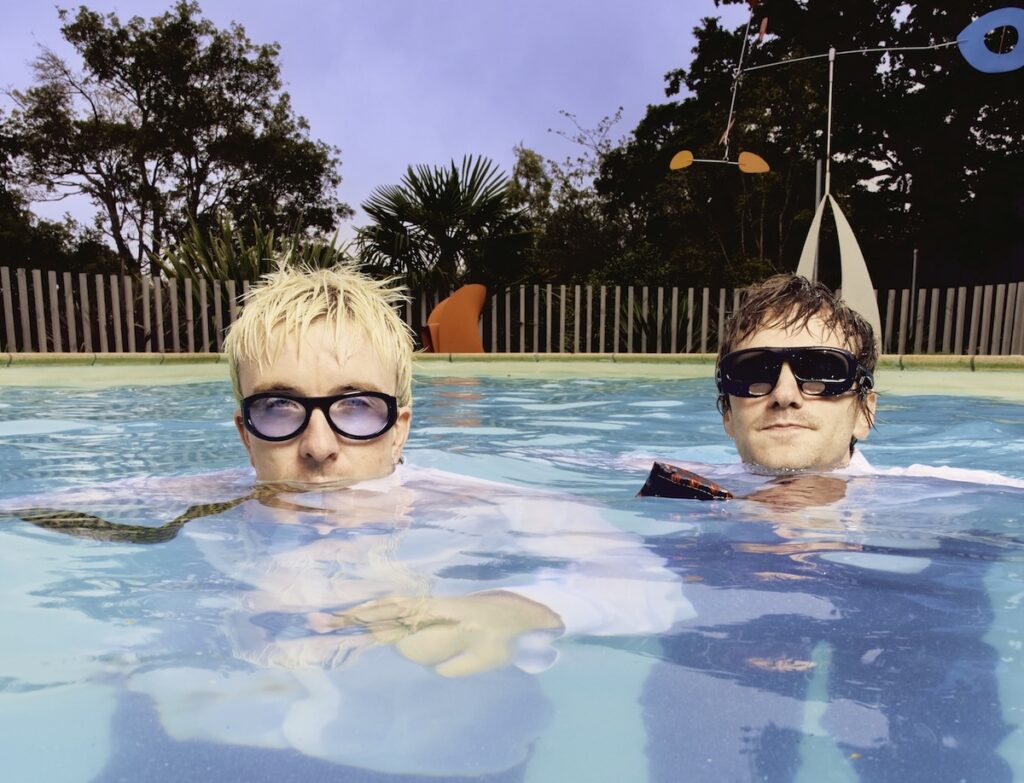
Before Good Neighbours’ Oli Fox and Scott Verrill arrive at their “Burgers + Bangers” album listening party at Clark Street Diner in Hollywood—dubbed “Blue Sky Café” for the evening in honor of their upcoming album Blue Sky Mentality—the mood is already set by the select group of fans in attendance. Fashion ranges from the ’70s to the ’90s, skipping the ’80s along the way. Attendees recognize one another and cluster in small groups, trading casual commentary on Good Neighbours with concentrated nonchalance.
When Fox and Verrill walk in, their 6-foot-plus frames and extroverted personalities fill the diner. There is a warm familiarity between them and their fans. They perch atop a banquette, heads bobbing, eyes downcast, as songs from Blue Sky Mentality begin to play, interjecting comments about their creation in between.
The album won’t be released for another two months, but these fans already know the songs. That familiarity isn’t surprising—Good Neighbours often share works-in-progress on social media, hoping for a viral signal that they’re on the right track. This approach first brought them to public attention with their breakout single, “Home,” whose emotional reflection on suburban life in London resonated widely. The song remains a highlight of their live shows, which they’ll bring to North America beginning October 3, the album’s release date.
Performing at high-profile festivals and headlining their own concerts isn’t how Fox and Verrill envisioned their musical journey. Verrill came to music as a producer, leaning toward electronic sounds, while Fox specialized in vocal songwriting. Their studios were next door to each other—hence the name Good Neighbours—and they initially wrote music to briefs for other artists’ projects, which, Verrill admits, “never amounted to anything.”
When a session was canceled, the two decided to write together. Collaboratively, they discovered what they couldn’t achieve alone. Fox adds, “This project is the first time we’ve been able to confidently voice our feelings and not play to a major label or anyone’s standards.”
Though Verrill is the quieter of the pair, their synergy is clear. In under two years since “Home,” Good Neighbours have evolved five to 10 years artistically. They acknowledge their experience: first in bands and later as songwriters gives them a maturity many new artists lack. “It’s been a fun ride,” Fox says. “It feels like we’re catching up to ourselves—in the best possible way.”
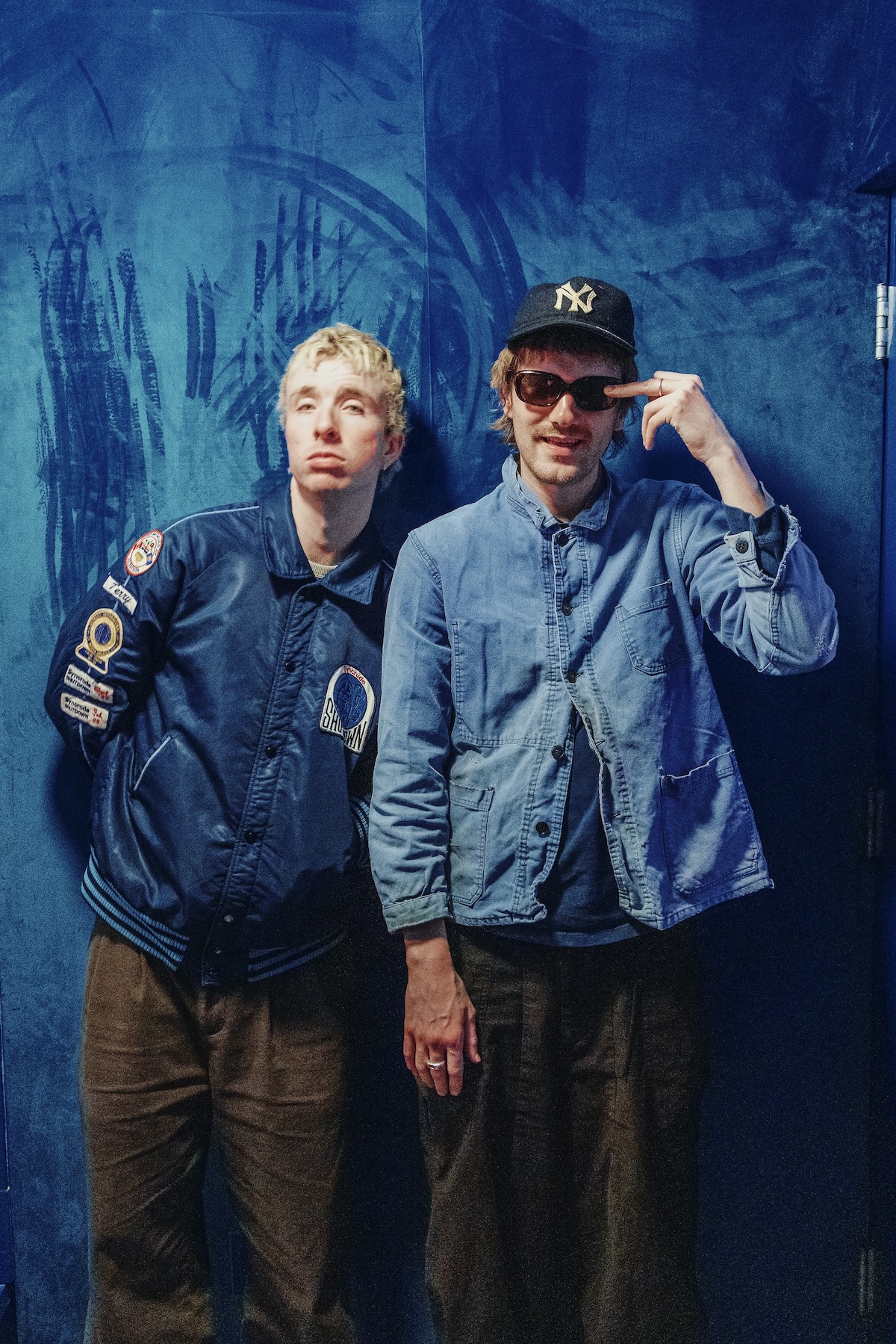
How did you come upon your sound?
OF: We were working together on a lot of bedroom pop, female singer-songwriters from London where the subject matter was sad and downbeat and very introspective. It was always looking inwards, and the chords were always minor. The production was really small. We had one of those sessions cancel on us. But we still had a day free, so we went in and made whatever the complete opposite of that was. We wrote something which is probably never going to see the light of day, but it was our breakthrough. We made something super bright and super positive and looking at everything else in the world, rather than looking inwards. That was our eureka moment. The sounds we used happened to correlate to what we listened to growing up.
Scott introduced me to Passion Pit, said my voice sounded like that guy. The synths we were using at the time were super MGMT energy. It was all a happy accident. We never thought, “We’re going to do the 2000s to 2010.” It was more when we put a snippet online, people were saying it took them back to the time when MGMT broke out. We went back and listened to other bands breaking through at those times and we found Go! Team, who we were inspiring and started to take a bit of influence that way.
How are you differentiating yourself from what’s already out there?
OF: When I said earlier about making that song opposite to what we were doing as co-writers, it was an exercise. We thought maybe we could make some music that would end up in films. That’s why it became a faceless thing to begin with, because we didn’t want it to link back to our like, co-writing. In hindsight, that acted as an advantage, because we weren’t trying to mimic anything. We were trying to create something that had its own energy and could stand alone as a project and then accidentally fell into it, like, “Actually, this would be quite fun to play live.”
Was making “faceless” music creatively freeing for you?
OF: Massively, it’s like a complete blank canvas. The feeling of no one watching you create is the most liberating thing. The second half of the album was the toughest, because not only were we signed by then, but also you set yourself quite a high standard release in songs, with most of them going down pretty well. Creating under that pretense is quite stressful. But then we were able to mentally free ourselves at the beginning and be like, “We’re so lucky to be doing this.”

Since the chorus for “Home” was already out on TikTok before the rest of the song was written, how did the reaction influence the way you finished it?”
OF: It seemed to help us because we ended up in this state of not being able to think things through, which was already our motto. By that point, we were like, “Fuck it, we’ll just put anything up online and see what happens to stick.” When people reacted to the chorus, it definitely put pressure on the verses being good, which was probably a good thing, because I think if we hadn’t put any pressure on them, they could have been quite throwaway, but they feel very poignant. It was more stressful, because at the time there were a few songs on TikTok that blew up, and when they came out, people didn’t listen to them. They flopped the next week. Creating something timeless was on our mind, something that people could re-listen to.
Since the album came together while you were touring, in what ways did that experience shape the songs?
SV: A lot of it we did on the tour bus, in the room in the back, just on the go. Definitely makes it less polished than if we’re a fancy, shiny studio,
OF: It helped us cherry pick the sounds a bit. When you are playing the shows and they’re clinging to that one melody on the synth, or they’re picking up on that word of the song, it makes you reevaluate what the listener needs. We were very fortunate in making the first seven or eight tracks without anyone hearing anything, or anyone even knowing that we were going to start a band, so we never had anyone else’s influence. But having the audience participate in almost a constant listening party on the first few legs of the tour this year, definitely helped us reevaluate some of the more tech-y tracks that were maybe a bit too built up, or a little bit too convoluted.
How were your songwriting sessions with Justin Tranter?
SV: He was so big on references. He’s this pop god, obviously. But we were so surprised at how in all these little pockets of culture he was. He had all these 2000s pop references that we could bond over. We went into that session being like, “This is the pop guy.” But he really got that whole indie thing.
OF: He was also good for punching up our writing skills. Me and Scott are pretty capable writers with most people. But there’s people that are a level above, and people have always spoken so highly of Justin. We went in and were like, “This is what we do. How would you do it better?” He had so many tips and tricks that even now when we’re writing new stuff, I bear it in mind and think how I can implement it on these songs?
SV: You feel that actually, there is a lot of method to the madness, that’s for sure.

How did your other collaborations change the way you approach your songs?
OF: Pablo Bowman, really great guy over here, he’s done all sorts of different stuff, but when we write with him, he becomes a third member of the band. He’s similar age to us. We come from very similar backgrounds, and we know the same people. He slots in with us. He’s really good at elevating, or taking us in a little different direction. When me and Scott write together so much, it’s quite easy to fall down the same sort of tracks, whereas when we have Pablo in the room, he nudges us 45 degrees in a different direction, and we end up with a whole new idea, which is really cool. He’s a good energy to have.
Joe Janiak is a serious player of every instrument. He had this amazing studio in Burbank. He’s a yes man, in the best way, very positive energy in the room. We were tracking “Starry Eyed” with him, and Scott picked up this crazy banjo that had been re-strung with nylon strings. It sounded quirky, which is now the main sound on the song. The first three things Scott played chord-wise, normally we’d be like, “Yeah, that’s cool. Let’s have a look at what else we can do.” Joe’s like, “No, that’s it. That’s so cool.” We stuck with it. Almost every idea was a yes. We ended up with a song in an hour, which was really fun.
We’ve been picky about who we work with, but it’s for the best. Everyone’s only elevated the project. We’ve never had an awkward session—so far.
Link to the source article – https://www.spin.com/2025/10/good-neighbours-have-a-blue-sky-mentality/
-
Pyle Electric Guitar Kit with Amp, Full Size Instrument with Humbucker Pickups, Guitarra Electrica Amplifier and Beginner Bundle Accessories, 39″ Black$169,99 Buy product
-
Coolmusic Keyboard AMP 30W Personal Monitor Amplifier Electric Drum Amplifier Speaker$119,99 Buy product
-
Rockville RBG15FA 15″ 2400w Active Powered Pro Subwoofer Folded Horn PA/DJ Sub, Black$449,95 Buy product
-
52 Pack Acoustic Panels 1 X 12 X 12 Inches – Acoustic Foam – High Density- Soundproof Studio Wedges – Charcoal$39,95 Buy product
-
ZENY 30 inch Kids Electric Guitar with 5w Amp, Gig Bag, Strap, Cable, Strings and Picks Guitar Combo Accessory Kit, Blue$51,99 Buy product
-
E-mu PROTEUS – THE King of Dance Modules – Large Original 24bit Multi-Layer WAVe/Kontakt Samples/Loops Studio Library$14,99 Buy product






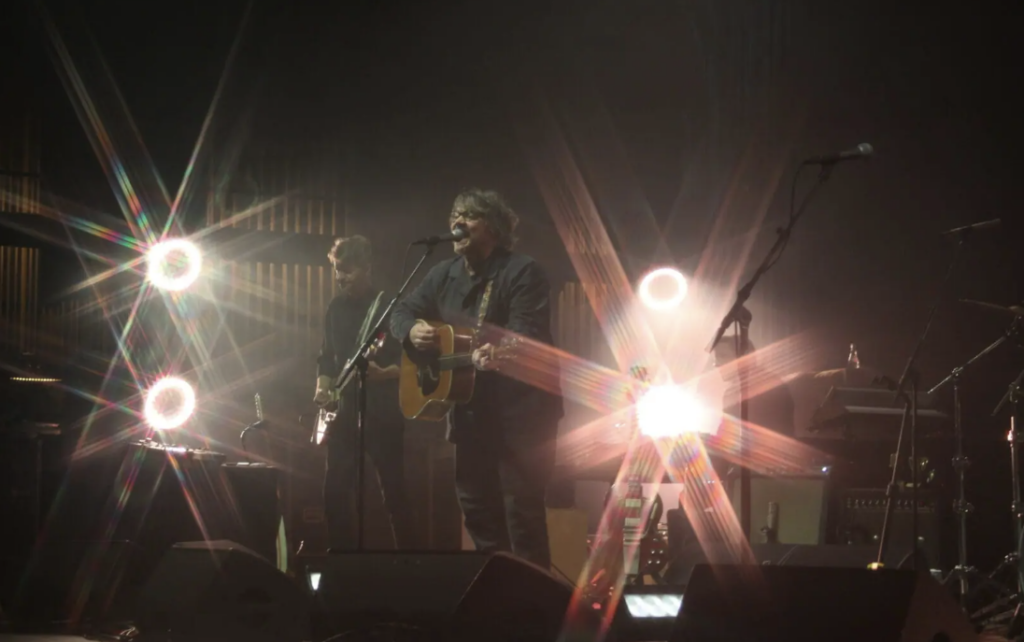
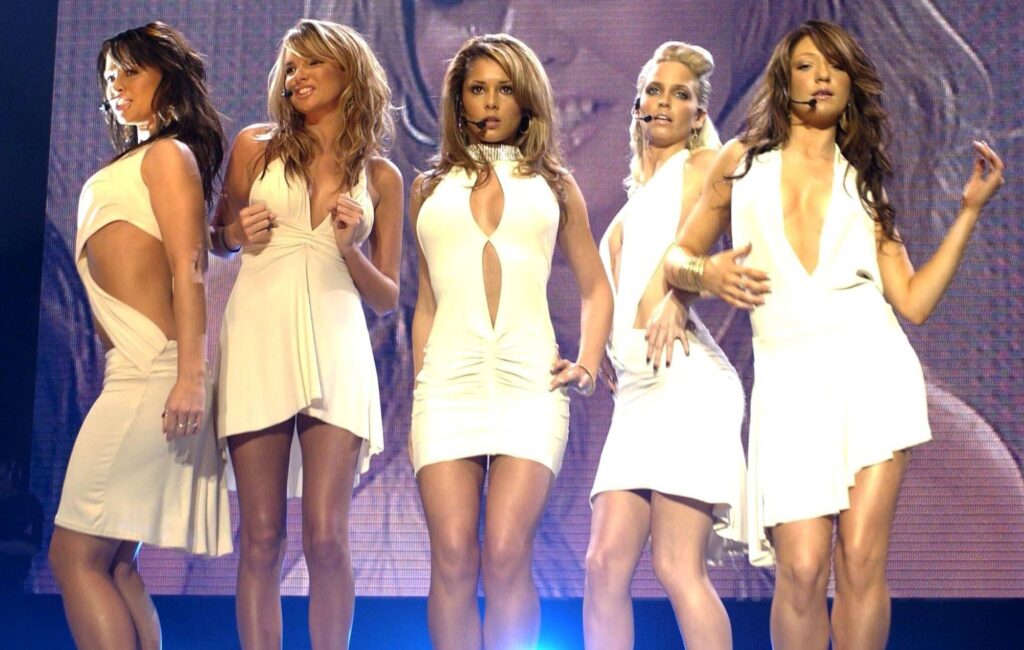
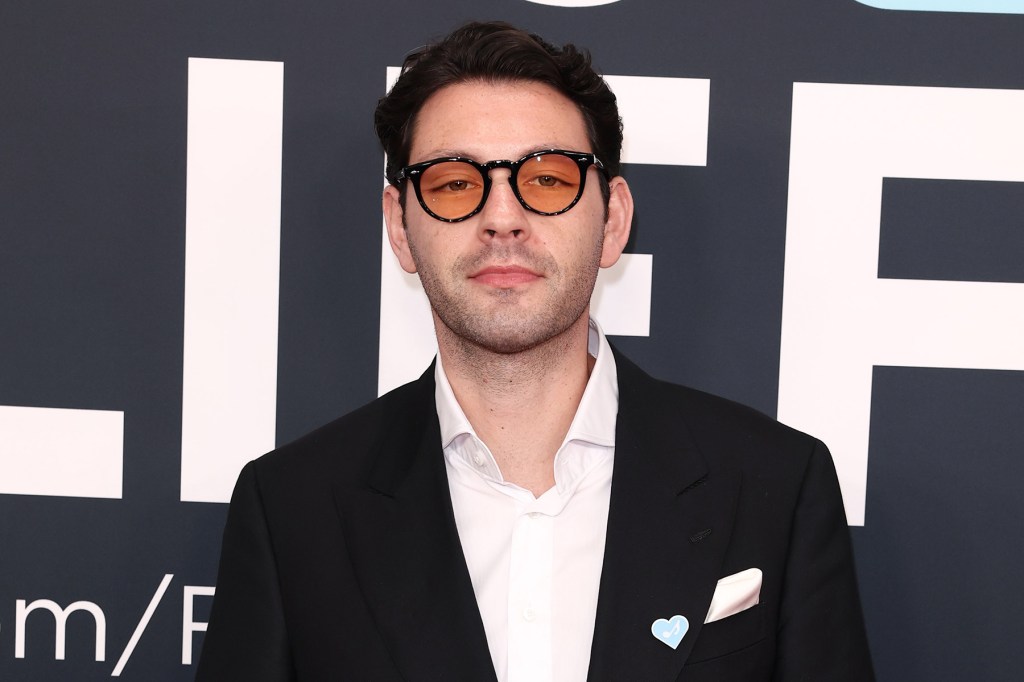
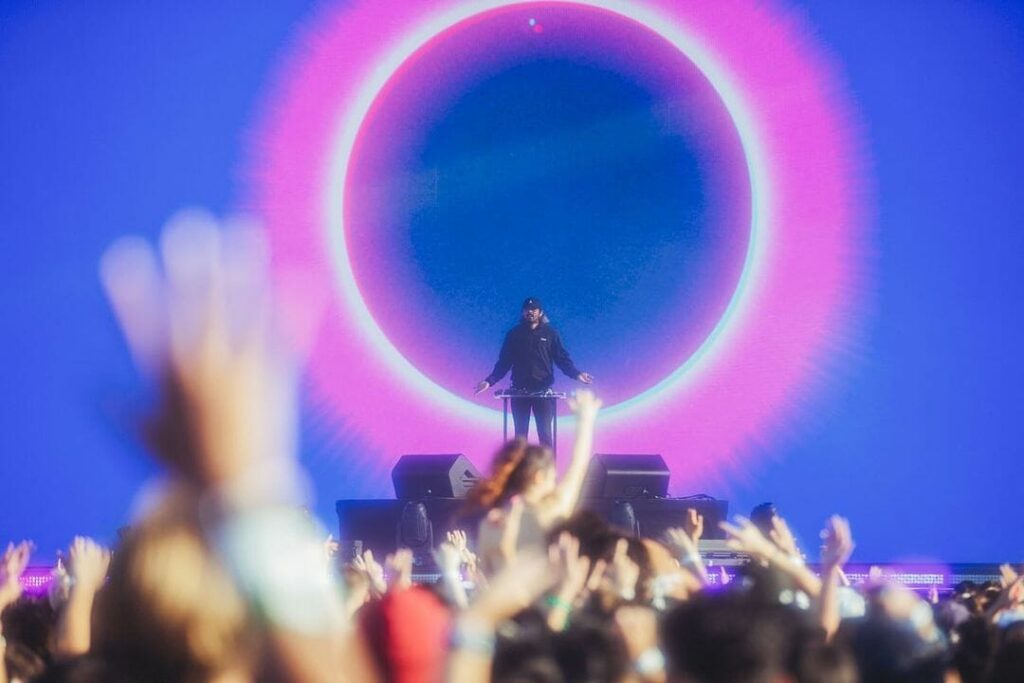

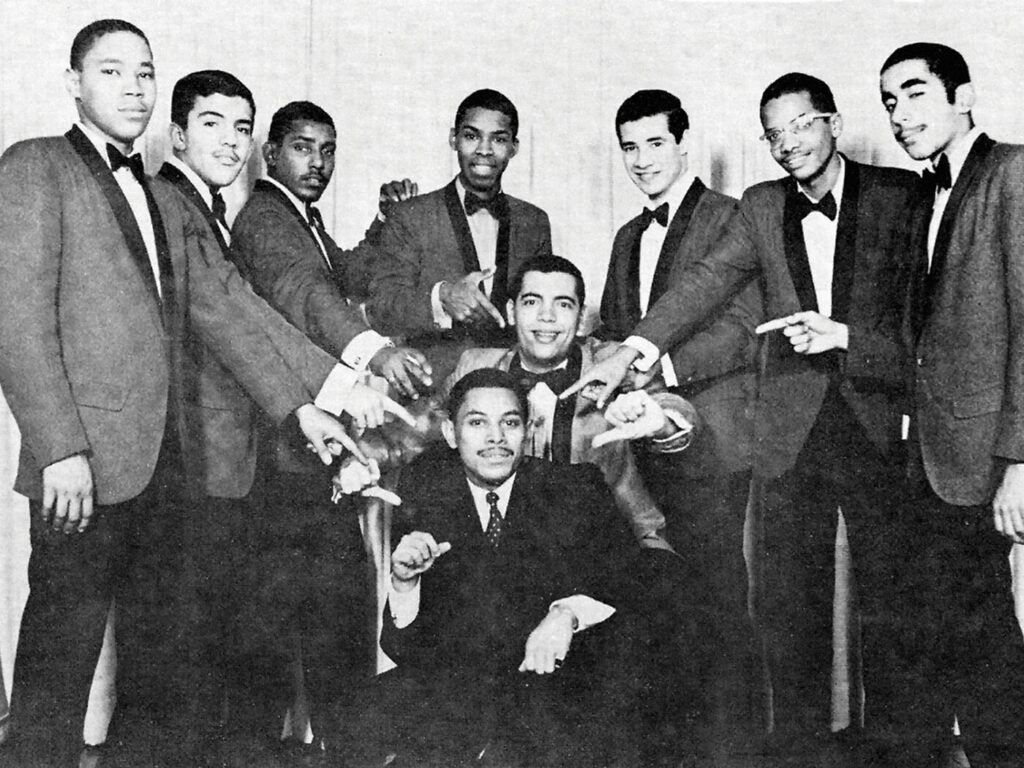
Responses